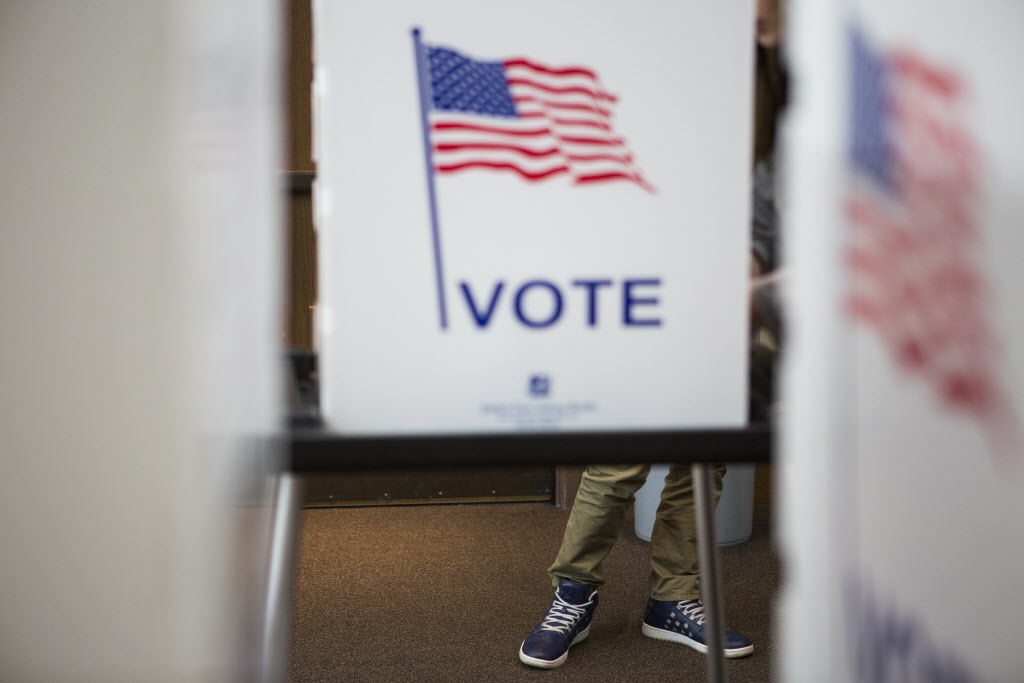The state Elections Commission is punting on a proposal that would mail some registered voters an absentee ballot request.
That’s one of three proposals to spend dollars allocated by a federal coronavirus relief for election-related expenses that the commission pushed to a meeting next week. The move came after GOP Chair Dean Knudson proposed a number of changes to staff recommendations.
The forme...
Please log in to access subscriber content.
If you don't have a subscription, please contact schmies@wispolitics.com for subscription options on the WisPolitics-State Affairs platform, which is the new home for WisPolitics subscriber products.


